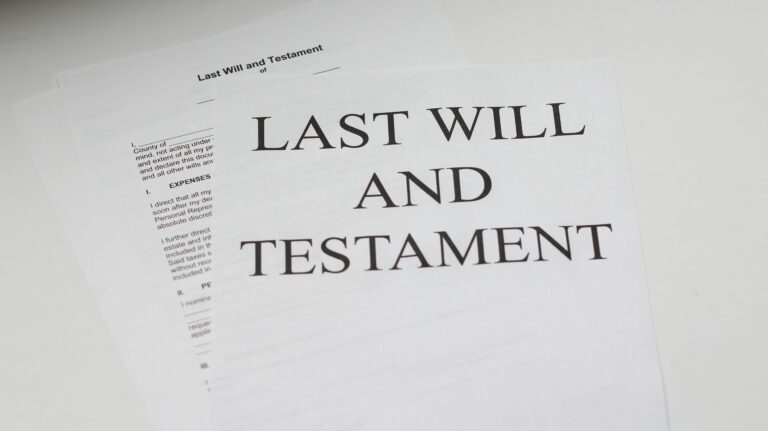
Why Is a Will So Important?
The thought of preparing your own will might feel a little daunting, bringing an onslaught of emotions like fear or sadness.

The thought of preparing your own will might feel a little daunting, bringing an onslaught of emotions like fear or sadness.

A critical item is often missing from back-to-school college checklists — and it could be far more valuable than anything else your student takes to school this fall: signed legal documents.

The way in which assets are titled can be vital.

Famed country singer Johnny Cash had five children — but he only left his inheritance to one of them for a surprising reason.

These days it’s easy to feel overwhelmed by many things such as politics, gas prices, the gyrating stock market, summer travel, heatwaves and your health. One thing that shouldn’t overwhelm you is estate planning.

The pandemic has changed how many of us view our priorities. That includes whether to craft a will.

Here are five critical mistakes to avoid when dealing with your beneficiary designations.

Here are four types of estate situations that could call for professional legal help.

While at Baltimore, Siragusa was also part of a defensive front considered by many to be among the best in NFL history.

Retirement is when everything changes. Seniors may end up with new schedules, new hobbies, and even new homes. In the midst of all these exciting changes, don’t overlook the mundane: your insurance coverage.